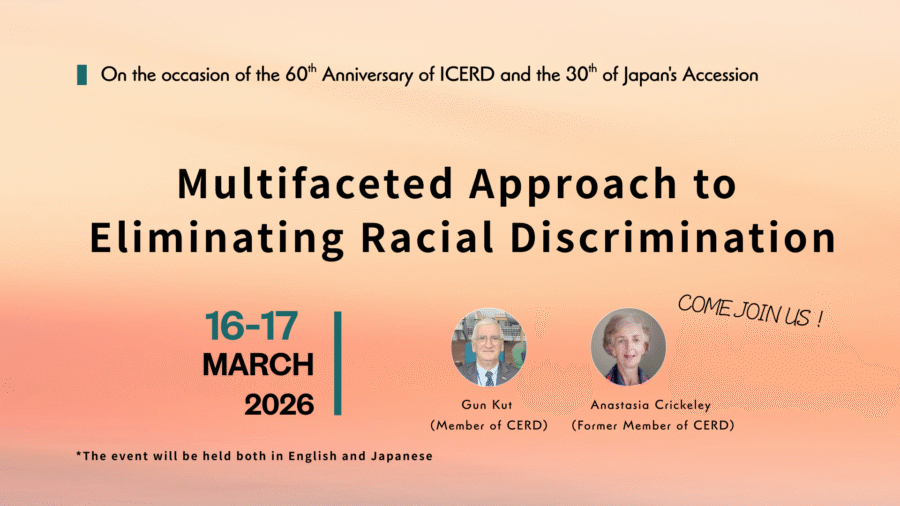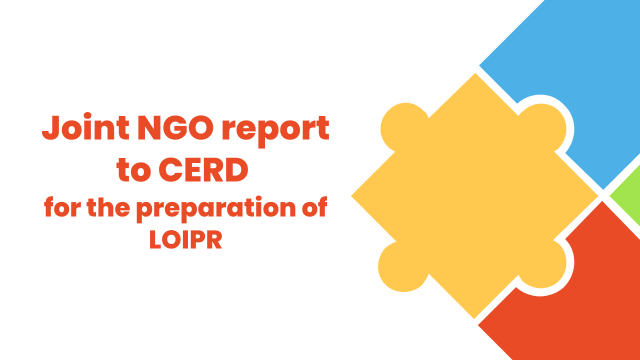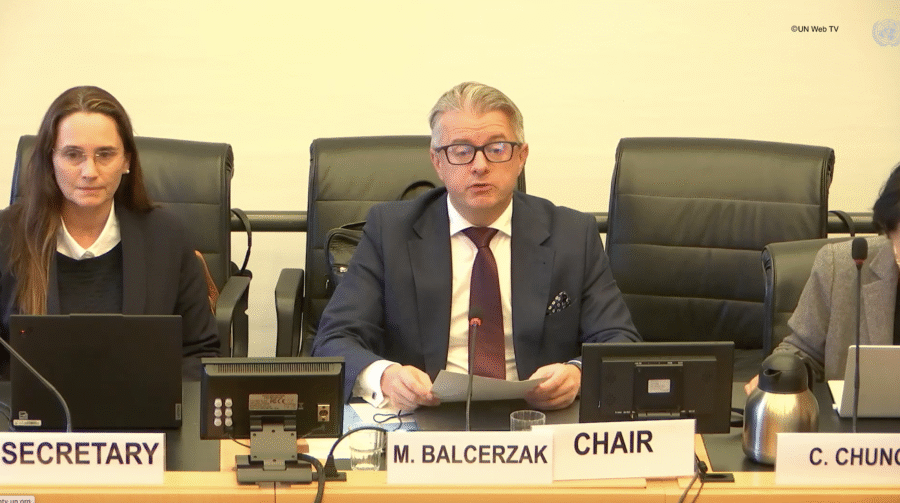Human Rights Defenders in Bangladesh (HRC 28th, 2015, OS)
March 10, 2015
IMADR statement on “Human Rights Defenders in Bangladesh” at the 28th session of the Human Rights Council. Whole text can be read below or downloaded here. ![]() *This statement was not orally delivered due to the time limitation.
*This statement was not orally delivered due to the time limitation.
———
IMADR Oral Statement: 28th session of the Human Rights Council
Item 3: Clustered Interactive Dialogues with the Special Rapporteur on the situation of human rights defenders
Thank you Mr. President,
We wish to express our appreciation to Mr. Forst’s commitment to protect human rights defenders (HRDs) including improvement of the communication system. As you rightly pointed out in the report, States have primary responsibility to protect HRDs. We urge all States to refrain from attacks against HRDs, and enhance or install measures to protect them.
We join South Asians for Human Rights to condemn the recent killing of blogger Mr. Avijit Roy in the capital of Bangladesh on 26 February, by a group of assailants suspected to be religious extremists. The killing was committed in front of his wife who is also seriously injured. Mr. Roy was known for his writings on various human rights issues, and he had publicly criticised religious extremism. The attack was carried out not only to silence him, but also to spread chilling effects among those defend universal human rights. This is a clear example of the importance and intersectionality of the protection of freedom of expression and HRDs, as you emphasised in the report.
Also, we are deeply concerned by the statement made by Mr. Sajeeb Wazed Joy, the Communications and IT Adviser to the Prime Minister of Bangladesh, which branded two prominent HRDs, former UN Special Rapporteur on Afghanistan Dr. Kamal Hossain and editor of Daily Star Mr. Mahfuz Anam, as traitors. His statement demanded arrest and trial of the two men for “treason”. Such a baseless statement from a high political figure like Mr. Joy is significantly troubling, considering it can easily stigmatise the two men. The statement must be publicly condemned for exposing the HRDs to risk. We also call upon the Government of Bangladesh to take appropriate measures to ensure the safety of HRDs including political opponents, especially during this time of political instability due to protests and street violence which erupted in Dhaka over the past months. Such an environment also creates negatives impacts on human rights and the rule of law.
We note that the number of communications sent to countries from the Special Rapporteur was the highest in Asia-Pacific which consisted 35% of the total communications. As there is no regional mechanism to protect HRDs, they are more vulnerable and exposed to threats. Therefore, we urge all States in Asia-Pacific to take concrete steps for the protection of HRDs, refrain from threats, intimidations and reprisals against those promote and protect human rights and conduct prompt investigation and prosecution when attacks are committed. Rule of law and democratic principles must be respected to enable HRDs to work without fear of retaliation.
Thank you Mr. President.





